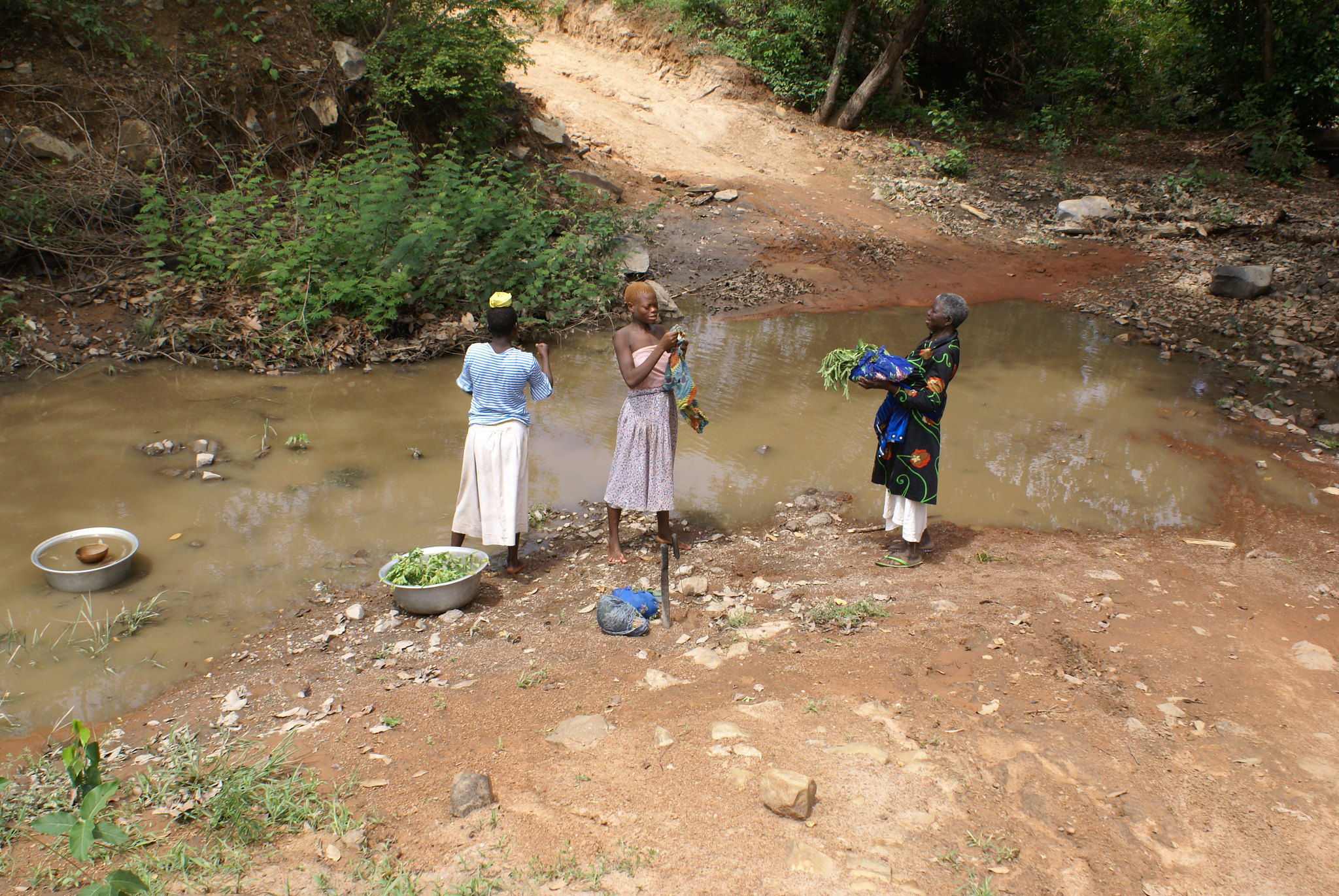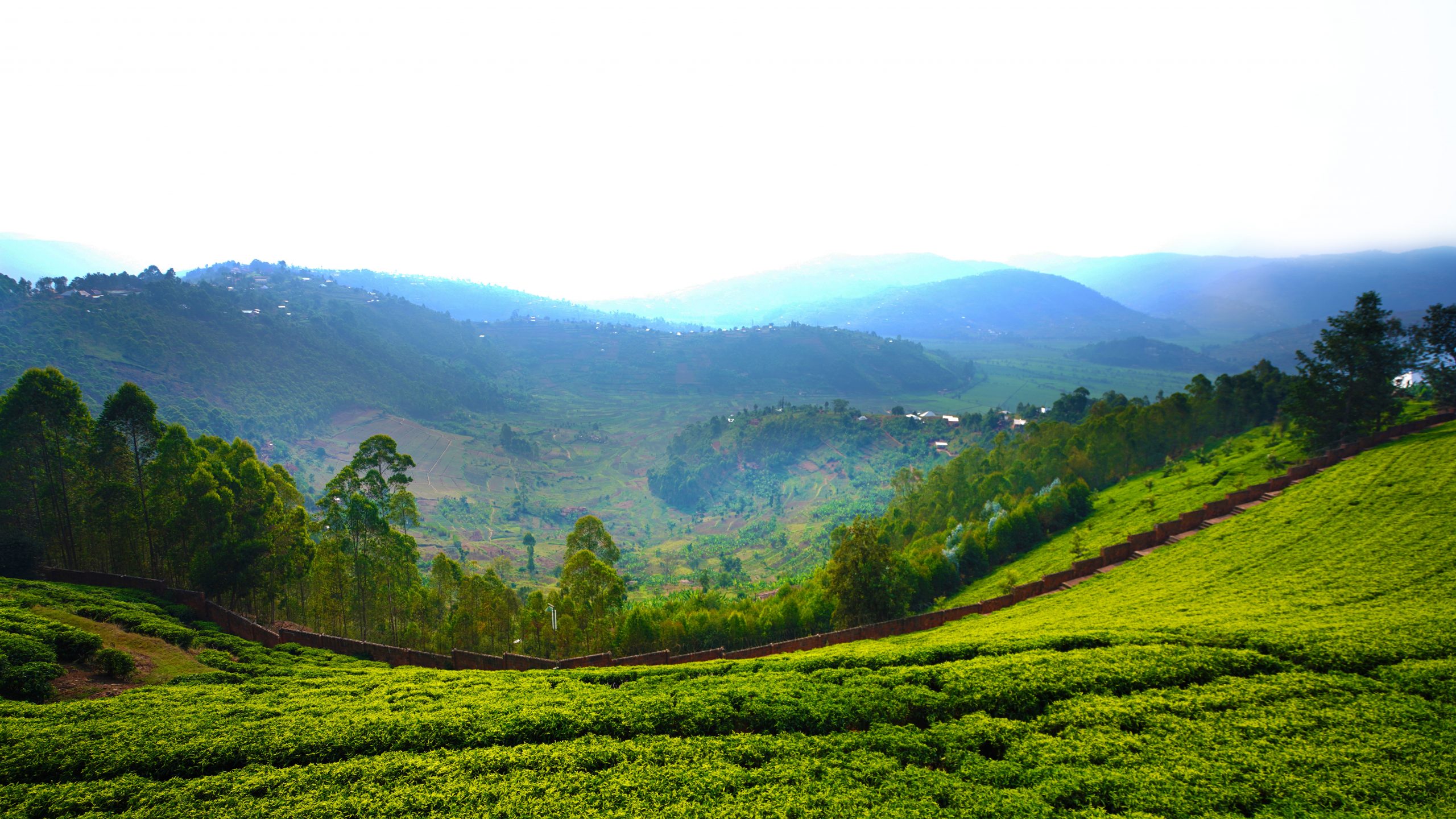Image: © Julius Cruickshank
Togo is located in Francophone West Africa and became independent from France in 1960. The country has relatively high levels of multidimensional poverty. Standards of living, rather than health and education, is the main contributing factor to multidimensional poverty. In terms of financial inclusion, the share of the population with access to some form of financial services has increased from less than 10% to 45% at a financial institutions.
Extreme poverty
The prevalence of extreme poverty has many ramifications, as well in terms of food security. It is the 15th most vulnerable country to food shortages, according to the Food Security Index 2020 and 43% of children in the country suffer from malnourishment. Half of the children in Togo are thought to be lacking in 5 key areas: water, sanitation, shelter, information and health. Climate change, and the country’s vulnerability to these developments are likely to accentuate these problems and even season variability places stress on many households. The country’s food yields are also notably low. Poverty rates are approximately twice as high in rural areas as in urban areas.
The annual population growth rate of 2.5% places a strain on progress towards poverty alleviation and the young remain disproportionately affected by poverty. Although unemployment rates are notionally relatively low (4%), the country needs to create substantial numbers of jobs each year to support its growing population and underemployment is a substantial concern.
If we look at healthcare, Togo has had considerable problems with HIV and had some of the highest rates in Africa in the early 2000s. This has now come down to 2.3%. Although healthcare spending is low, Togo is in the process of rolling out a universal healthcare system.
Agriculture
Agriculture remains highly significant for the Togolese economy and employment, with the majority of focus on food crops, and limited attention to cash crops, livestock, fisheries and forestry. This leaves the country and its people vulnerable to climate change. Traditionally the agricultural sector has been noted for its relatively poor productivity, but the COVID Agricultural Response Plan implemented by the government in 2020 (distribution of agricultural equipment and granting of subsidised credits) and USD 3m in aid from the ADB for the purchase of pesticides, fertilisers and seeds are supporting the sector and allowed it to grow by 1% in 2020 and an expected 3.3% in 2021.
Run a business
Togo has been leaping up the Ease of Doing business index (from place 156 in 2017 to place 97 in 2019). A notable focus has been on improving governance, although there are wide ranging efforts to turn Togo into a innovation and SME hub. Nearly 80% of Togolese citizens say there are good opportunities to start a business in the region where they live. According to the Global Entrepreneurship Monitor, around 92% of the surveyed are confident they have the skills needed to start and run a business – among the highest rate among the 43 countries featured in their report.


